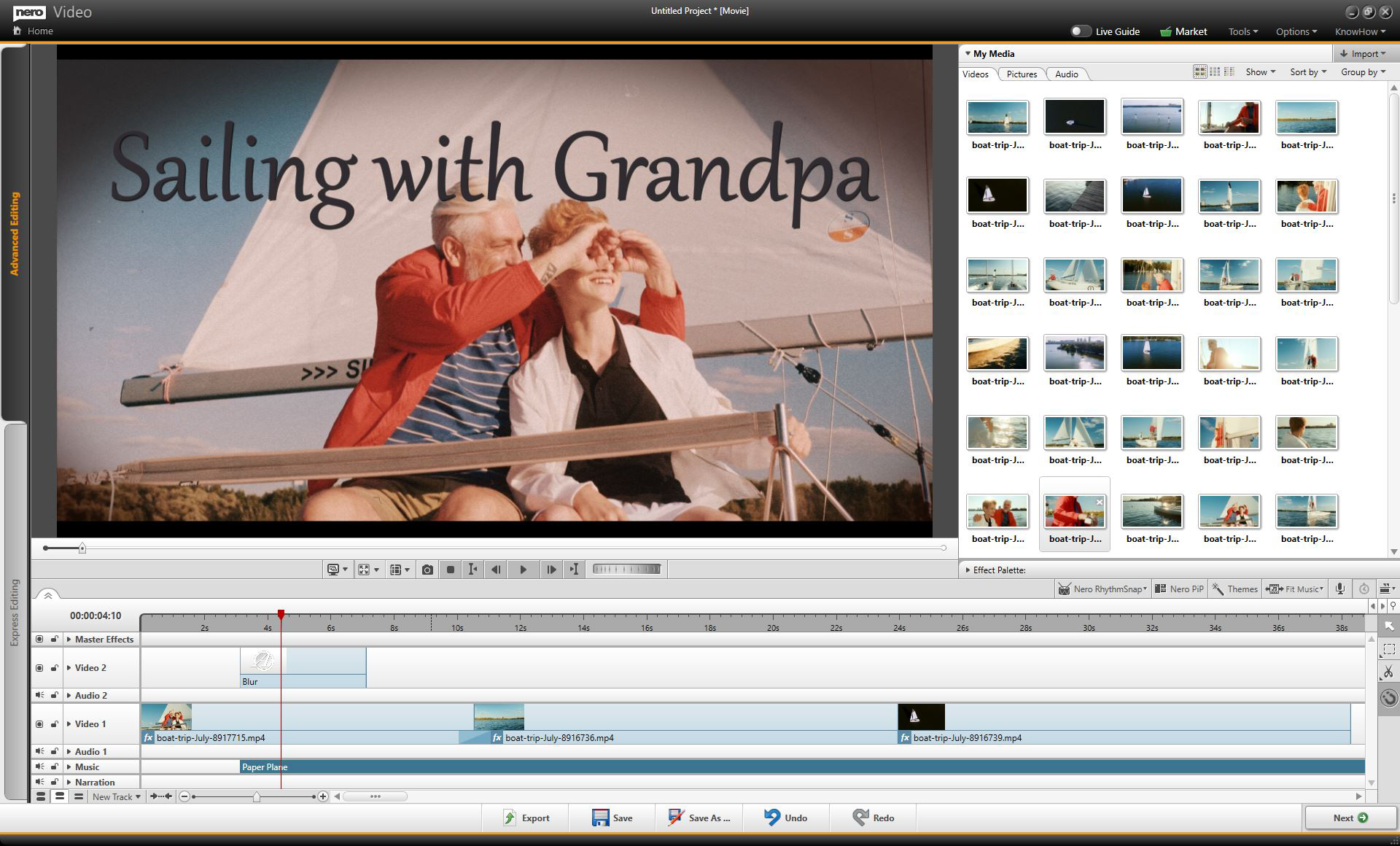![[New] 2024 Approved Facing the Reality of Content Monetization](https://thmb.techidaily.com/11e98257d7e7257e5883dcc5757d573b33d04f0ecfefae2f5882a90863822c25.png)
"[New] 2024 Approved Facing the Reality of Content Monetization"

Facing the Reality of Content Monetization
YouTube Monetization: The New Rules Everyone Hates
Richard Bennett
Nov 01, 2022• Proven solutions
YouTube changed its monetization policy and, once again, there are new monetization rules. Last year, in the wake of the ‘adpocalypse’ (click here for coverage on that ), they imposed a new milestone of 10,000-lifetime views which a channel would have to meet before applying for monetization. As of February 20, 2018, YouTube will be introducing 2 more obstacles to monetizing your videos.
- The New Monetization Rules
- Why YouTube Changed The Monetization Rules
- How Do The Changes Affect Small YouTube Channels
- Join the Conversation
- Tips for Increasing YouTube Watch Time
- Helpful Blog Posts
- Don’t Give Up!
The New Monetization Rules
In order to qualify for YouTube monetization, you must meet these milestones.
- You will need to have 1,000 subscribers.
- You will need to have accumulated 4,000 hours of watch time over the last 12 months.
You can read the full announcement here.
Trying to get monetization on YouTube can feel like this.
Why YouTube Changed the Monetization Rules
YouTube’s reasoning for these changes is essentially the same as they gave for the 10,000 views milestone: having higher standards will help them prevent inappropriate or stolen content from being monetized. They also point out that the majority of channels affected will not have been making any significant money anyways (less than $2.50 per month, in most cases).
How Do the Changes Affect Small YouTube Channels
However, even if the immediate financial impact won’t be that financially significant, it is untrue to say these new rules will not affect YouTubers with smaller channels. Having to plan to achieve and maintain those 4,000 hours of watch time and 1,000 subs could have a major impact on how creators plan their content. Will you feel pressured to abandon content that you and your existing viewers love in favor of making videos that will get you to those milestones faster?
That will be a question facing a lot of smaller YouTubers, especially those who have already reached 1,000 subscribers and are now in a situation where they have to maintain those 4,000 hours of watch time. You won’t be cut off from monetization automatically if you fall from 4,000 hours to 3,500 hours one month (after already having monetized your channel), but YouTube may review your channel and remove monetization if time passes and you still haven’t gotten back up to 4,000 hours.
These new rules could also put niche channels at a disadvantage. Niche channels may have devoted followers who keep their watch time up, but getting to 1,000 subscribers could be harder for them purely because their potential audience is already smaller.
Join The Conversation
There have been b reactions to this news in our forums here on filmora.io, the majority of them negative. Although the perspective that these kinds of measures are necessary as YouTube becomes more and more crowded has also been represented, the majority of people who have weighed in find these changes unreasonable. If you haven’t yet, make sure to head over to the forums and join the conversation .
It probably doesn’t help that none of the regulations being put in place to stop smaller channels who might be ‘bad actors’ (YouTube uses the term several times in their announcement) will affect gigantic channels whose creators may already be behaving in wildly inappropriate (and not at all ad friendly) ways.
Cough. Logan Paul. Cough.
Tips for Increasing YouTube Watch Time
- Sorting your videos into playlists encourages viewers to spend a lot more time on your channel.
- Link your videos together using cards and interactive end screens/outros.
- Basic video editing. Simple things like adding transition effects and cutting out long pauses will help keep viewers watching your videos for longer.
Helpful Blog Posts
How to Get People to Subscribe by Asking the Right Way
Understanding YouTube Analytics – Take Charge of Your Channel! (this one will teach you how to see which of your videos are doing best for watch time!)
How to Edit a YouTube Video and Get More Subscribers
Don’t Give Up
I risk sounding cheesy here, but I hope nobody gives up on their dreams as creators over something like this. Wanting to be paid for doing what you love is only natural, and you can still get there (YouTube monetization isn’t even the only way). There may even be better opportunities to generate revenue when you do. In the long run, this could be a good thing for YouTube. Nobody can really know yet.
How do you get subscribers, or increase your watch time? If you have any tips, share them with everyone! Also, make sure to let us know if there are any blog topics that might help you out with YouTube’s new monetization rules.

Richard Bennett
Richard Bennett is a writer and a lover of all things video.
Follow @Richard Bennett
The Art of Crafting Compelling Video Covers
What’s the Best YouTube Thumbnail Size?

- Title: [New] 2024 Approved Facing the Reality of Content Monetization
- Author: Steven
- Created at : 2024-07-30 23:41:01
- Updated at : 2024-07-31 23:41:01
- Link: https://facebook-record-videos.techidaily.com/new-2024-approved-facing-the-reality-of-content-monetization/
- License: This work is licensed under CC BY-NC-SA 4.0.

 Simple and intuitive video editing
Simple and intuitive video editing